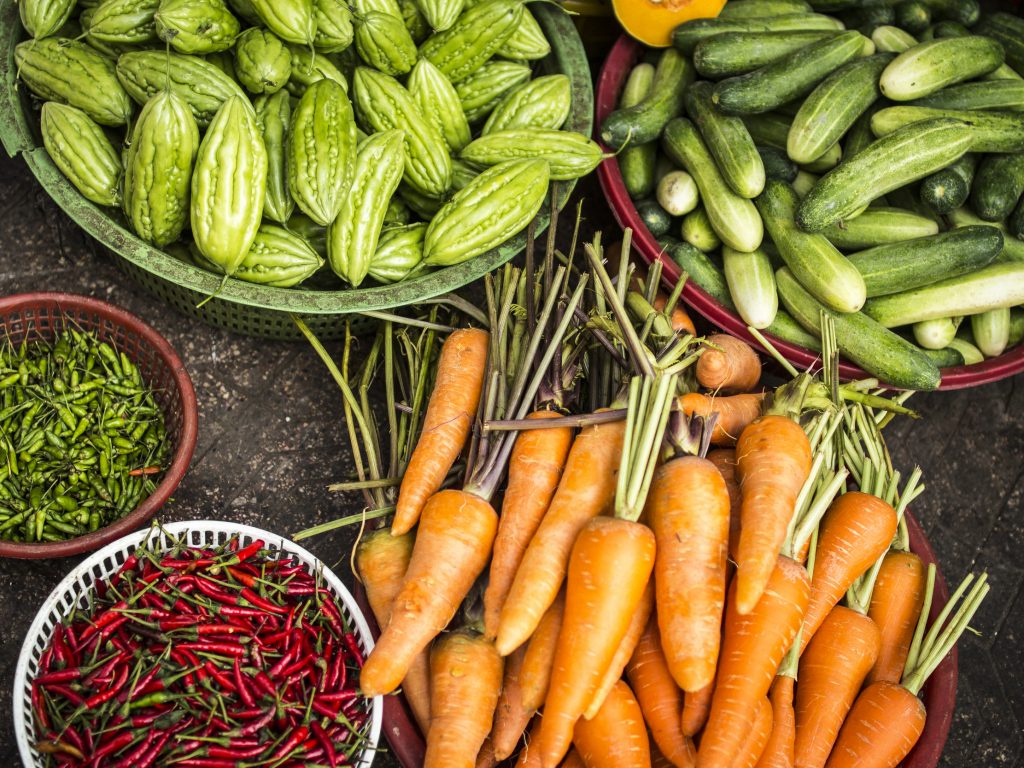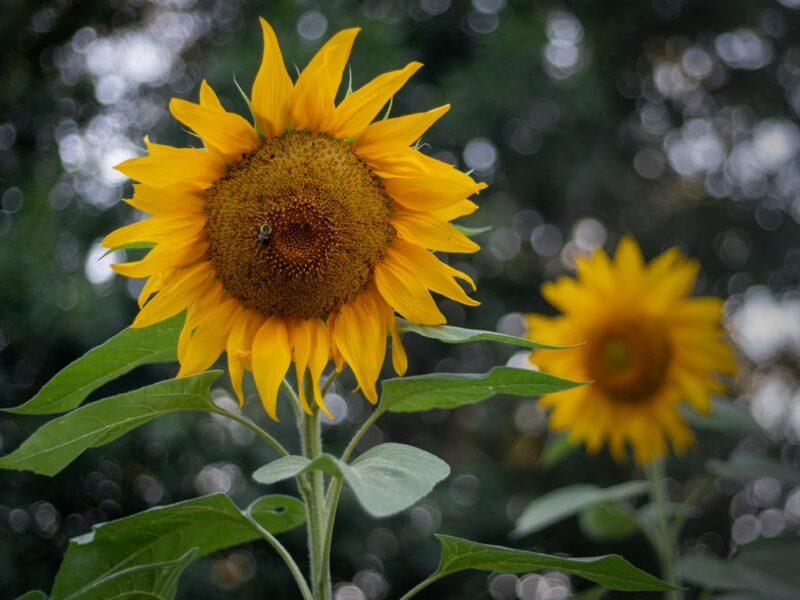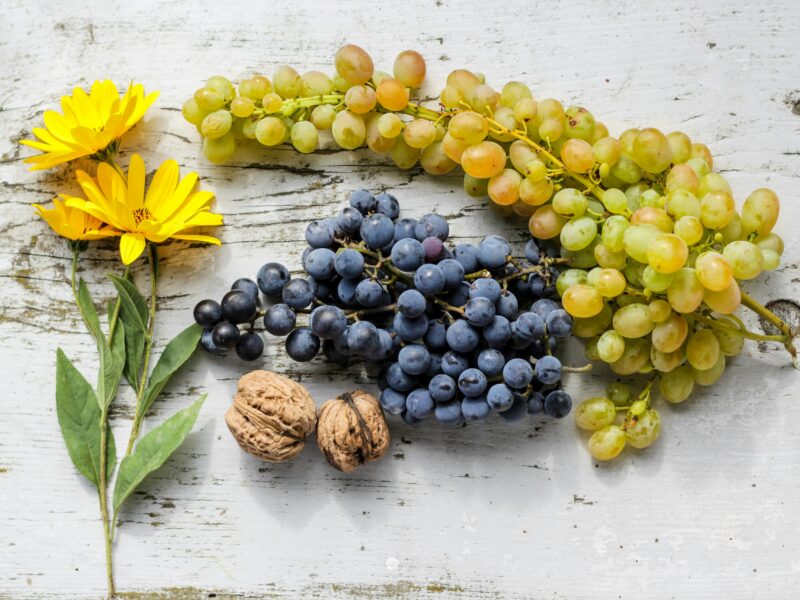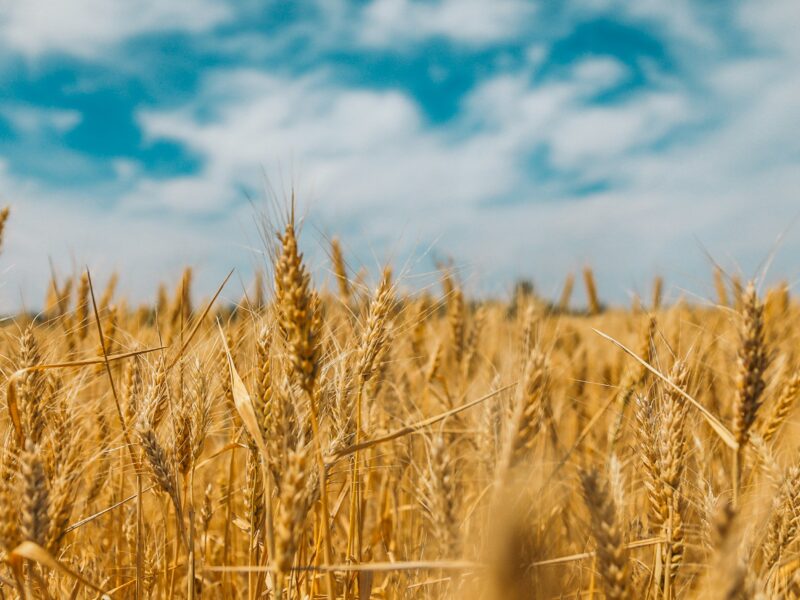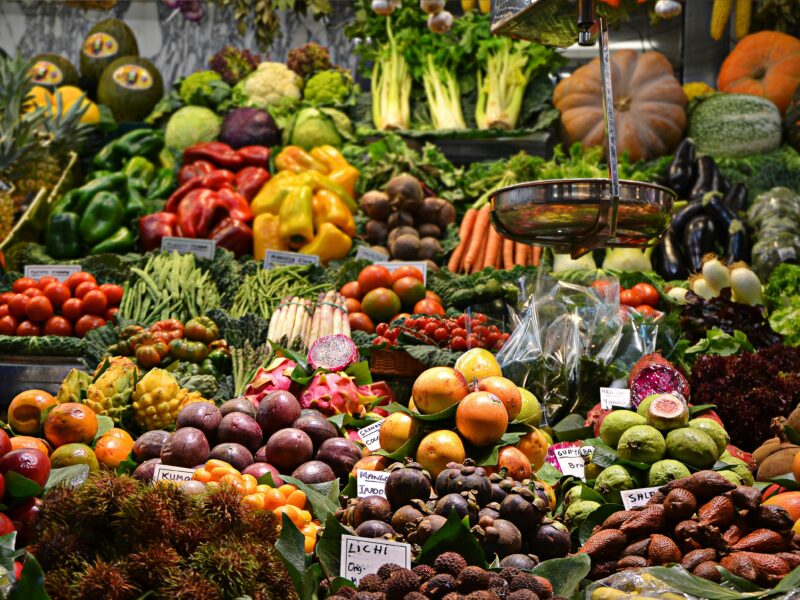It’s fairly simple. The organic seal indicates that food has been grown in ways that has passed nature’s own test for being A-OK. Organic farmers must work in sync with the environment. They also look out for the health of humans and animals by avoiding the use of harmful substances, like toxic pesticides.
Unlike conventional farming, organic crops cannot be:
- grown with help from toxic pesticides
- grown with most synthetic fertilizers, or
- grown with genetically engineered seeds
The organic seal also guarantees that farmers:
- meet animal health and welfare standards
- refuse to use antibiotics and growth hormones, and
- ensure animals have access to the outdoors
Growing organic helps improve water quality, keeps carbon locked up in our soil, and reduces our exposure to dangerous pesticides. Although pesticides are designed to kill pests, many pesticides can also pose risks to people. Toxic pesticides have been associated with health problems including cancer and endocrine system disruption, which can lead to developmental or reproductive problems. What’s more, the overuse of antibiotics in conventional livestock production has caused the development of antibiotic-resistant strains of some dangerous microbes. Organic farmers help keep antibiotics working by using alternative methods to treat sick animals.

